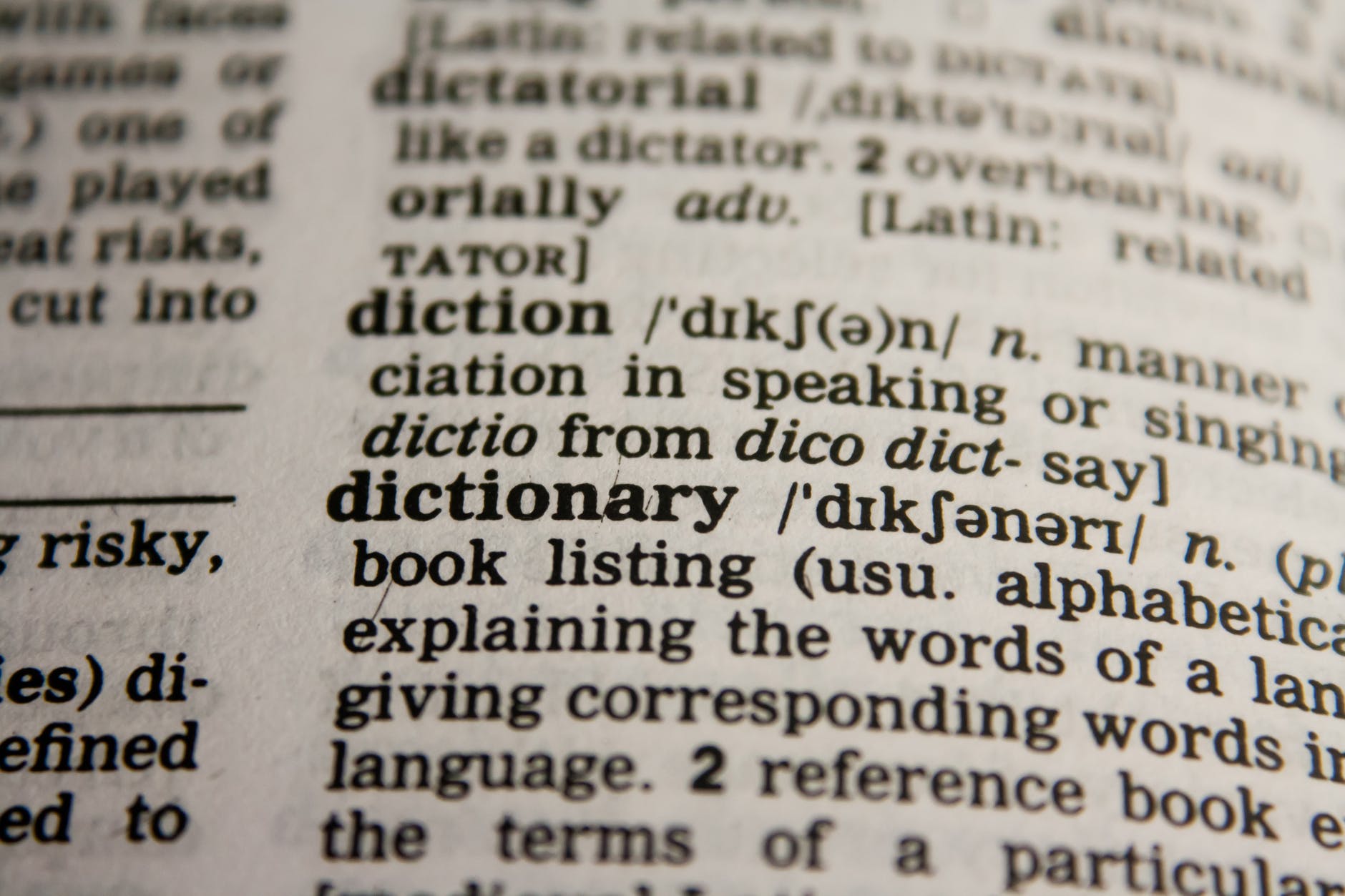
Remember when you were in grade school and your teacher was teaching you how to use the dictionary? You worked on papers where you had to decide which word came first. You would receive your paper and there would be rows of words, two at a time, and you had to circle the word that came before the other word in the dictionary. Let’s say the two words were: forgiveness and freedom. Which word would you circle? Forgiveness; of course, always comes before freedom in the dictionary. Just as it is in the dictionary, so it is in life. Forgiveness always comes before freedom. Throughout our lives, we receive many offenses from people, some large and others minute. We have two choices when we are in a position where someone has offended us: 1. We can either choose to hold on to the offense or 2. We can forgive.
Forgiveness can be a very difficult thing to give in our lives, especially if someone has hurt us deeply. Our tendency is to want to hold on to the hurt and nurse it. After all, we have been wronged. The problem with this attitude is that the unforgiveness that we carry does not necessarily harm the other person; it only harms us. We are a container and when we hold on to an offense, it is like a toxic substance inside of us. The toxic substance does not do our bodies or our minds any good, only harm.
When it comes right down to it, forgiveness is a choice. We must choose to forgive those that have done us wrong. When we do that we become free of the offense. Is the process instantaneous; we forgive and then we are free? Sometimes, but not usually. Forgiveness is a process. We choose to forgive, and then we begin to walk it out. The memory may come to mind again and again, but each time we say, “I choose to forgive that person; I am not going to carry this around with me anymore.” Over and over, the process repeats, until at some point, the memory fades and that offense no longer has power over us.
You will say to me, “But you don’t understand what so and so has done to me.” You’re right, I don’t understand, but the process is the same. Jesus told us a great story about this principle. In Matthew 18, he tells us about a servant that owed a king a great deal of money; by today’s standards, it would be several million dollars. The servant could not pay the debt and the king commanded that the man, his wife and children, and all he had be sold to pay the debt. The servant then fell down and begged him to forgive the debt. The king relented and forgave the servant of the entire debt.
The servant then went out from the king and found someone who owed him several thousand dollars. He took the man by the throat and demanded the man pay him what he owed him. The debtor begged the man to have compassion on him and he would pay him what was owed but the servant would not show mercy. He had the man thrown into prison. Soon it was reported to the king what the servant had done to his debtor. The king then called the servant and demanded to know why he had treated the other man so harshly seeing that he had received mercy. He then threw the man into prison until all of his debt was paid. The story ends with this admonition from Jesus, “So My heavenly Father also will do to you if each of you, from his heart, does not forgive his brother his trespasses.”
The point of this story is that we all stand before God owing a great debt; that debt being our sins and trespasses. If we want God’s forgiveness, we must be willing to forgive those who have sinned or trespassed against us. It is a spiritual law of the universe. If we want it, we have to be willing to give it.
You will say to me, “But, you still don’t understand what so and so did to me.” You’re right, I don’t, but God does.
To do this, we also must understand what forgiveness is not:
1. Forgiveness IS NOT saying that what the person did was not wrong. It was wrong and nothing will change it.
2. Forgiveness IS NOT saying that the person won’t have to make restitution for what they did to you. They still may owe a debt to society and may need to go through the judicial system.
Forgiveness IS you releasing them from the wrong they committed against you. They are still responsible before God and society for what they did. You no longer have to live in a prison of hate or despair over their actions. You can be free from them.
You see, in life, just as it is in the dictionary, forgiveness always comes before freedom.
Image courtesy of Pixabay



 Image by Nini. Courtesy of Pixabay.
Image by Nini. Courtesy of Pixabay. Image courtesy of Pixabay.
Image courtesy of Pixabay.


